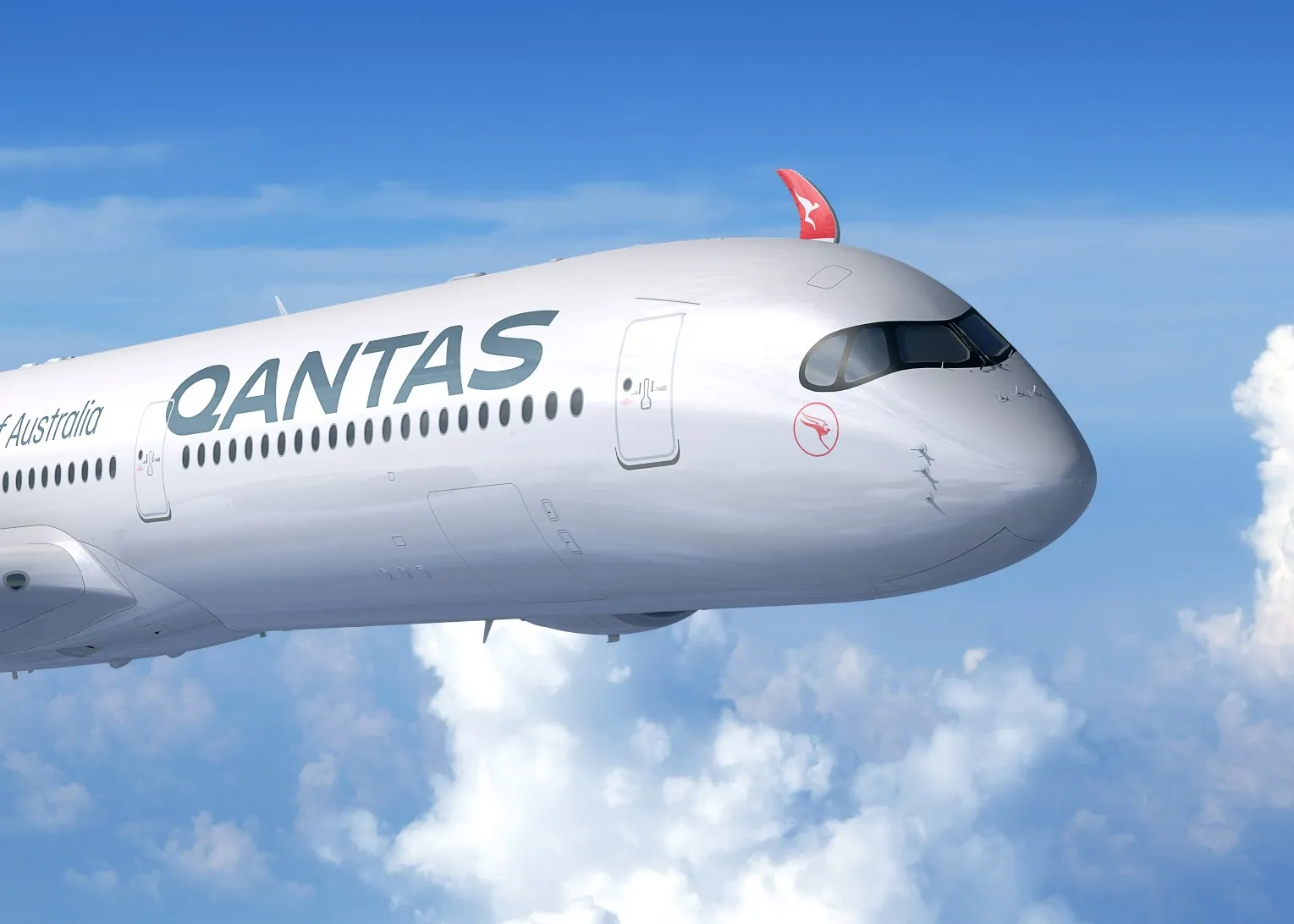
Qantas warned plan to hire outside pilots could damage airline
Feb 14, 2020

Qantas has raised concerns over its proposal to hire pilots from outside the company, citing potential risks to its operational integrity and employee morale. The airline fears that bringing in external pilots could lead to a dilution of its safety standards and affect the cohesiveness of its workforce. Additionally, this move may provoke discontent among current pilots, who might see it as a devaluation of their skills and loyalty. Qantas emphasizes the importance of a well-integrated team, suggesting that prioritizing internal talent development could be a more beneficial approach for the airline's long-term success.
As Qantas Airlines looks to navigate the turbulent skies of the aviation industry, a recent warning regarding their plan to hire outside pilots has raised concerns among stakeholders. Industry experts suggest that this move could potentially damage the airline's reputation and operational efficiency. In this article, we will explore the implications of hiring external pilots, evaluate the current situation, and discuss possible outcomes for Qantas.
The Current Pilot Shortage Situation
The aviation industry is currently facing a significant pilot shortage, exacerbated by the COVID-19 pandemic. Many airlines, including Qantas, are struggling to find qualified pilots to meet the growing travel demand. As a result, Qantas has considered hiring external pilots as a temporary measure to fill gaps in their workforce.
However, this decision has not come without its share of criticism. Many industry insiders believe that relying on outside pilots could lead to complications that might outweigh the benefits. Below is a comparison of the potential advantages and disadvantages of hiring outside pilots:
| Advantages | Disadvantages |
|---|---|
| Quickly address pilot shortages | Potentially lower safety standards |
| Flexibility in staffing | Increased training and integration time |
| Cost-effective in the short term | Impact on employee morale |
Impact on Employee Morale and Company Culture
Hiring outside pilots could significantly impact the morale of Qantas' existing staff. Many current pilots may feel undervalued or insecure about their positions, leading to a decline in overall job satisfaction. This could create a ripple effect throughout the company’s culture, potentially resulting in increased turnover rates and reduced productivity.
Moreover, the introduction of external pilots may disrupt established team dynamics. Existing pilots have typically undergone extensive training and have a strong understanding of Qantas’ operational protocols and safety measures. Integrating outside pilots into the existing framework may require additional time and resources, further complicating the situation.
Safety Concerns
One of the most pressing issues associated with hiring external pilots is the potential impact on safety standards. Qantas has built a reputation for maintaining high safety measures, and any deviation from this could tarnish its image. External pilots may not be familiar with the specific protocols and procedures unique to Qantas, which could lead to safety risks.
To mitigate these risks, it is crucial for Qantas to ensure that any external pilots they hire undergo rigorous training and evaluation. The airline must prioritize safety above all else and maintain its commitment to upholding the highest standards in the industry.
Long-term Implications for Qantas
While hiring outside pilots may offer a short-term solution to the pilot shortage, it raises questions about the long-term sustainability of this approach. Reliance on external pilots could lead to a cycle of instability within the workforce, undermining Qantas' ability to build a cohesive and skilled team.
Additionally, if customers perceive a decline in service quality or safety, it could have a detrimental impact on Qantas' brand reputation. In a competitive market, maintaining customer trust is crucial for long-term success. The airline must carefully weigh the potential benefits against the risks involved in hiring external pilots.
Conclusion
The decision to hire outside pilots is a complex issue that requires careful consideration from Qantas Airlines. While it may provide a temporary solution to staffing shortages, the potential risks to safety, employee morale, and company culture cannot be overlooked. Qantas must prioritize its commitment to maintaining high standards and ensuring that any new hires align with the airline's core values.
As the aviation industry continues to evolve, Qantas must remain adaptable while safeguarding its reputation and operational integrity. The future of the airline depends on its ability to navigate these challenges effectively, ensuring that it not only meets the demands of the present but also secures a prosperous future.
In summary, while the hiring of outside pilots may seem like an appealing option for Qantas in the short term, the potential long-term repercussions could be damaging. The airline must tread carefully and consider all factors before making such a significant decision.
Related Articles

Explore Thailand: The Best Islands to Visit for Paradise, Adventure, and Relaxation

The Ultimate Guide to the Best Islands in Thailand for Your Next Getaway

Do babies need passports? How to get a passport for a newborn

How to get a U.S. passport fast: here’s how to expedite the process

What is Mobile Passport Control: 5 reasons why you should use it

SENTRI vs. Global Entry: A detailed guide

Do you need a passport to go to the Bahamas? Let’s find out

Do you need a passport to go to Mexico? A detailed guide

Do you need a passport to go to Canada? We got the answer

Do You Need a Passport for a Cruise: An Essential Travel Guide

Booster Seat Requirements: All the Rules to Follow in Your Rental Car

What Are the World’s Most Powerful Passports, and How Does Yours Rank?

How to Take a Passport Photo at Home: A Helpful Guide

You've got to have heart! Southwest's new livery

Your opinion: Should water be free on low cost carriers?

Young women bolder than guys as solo travellers
